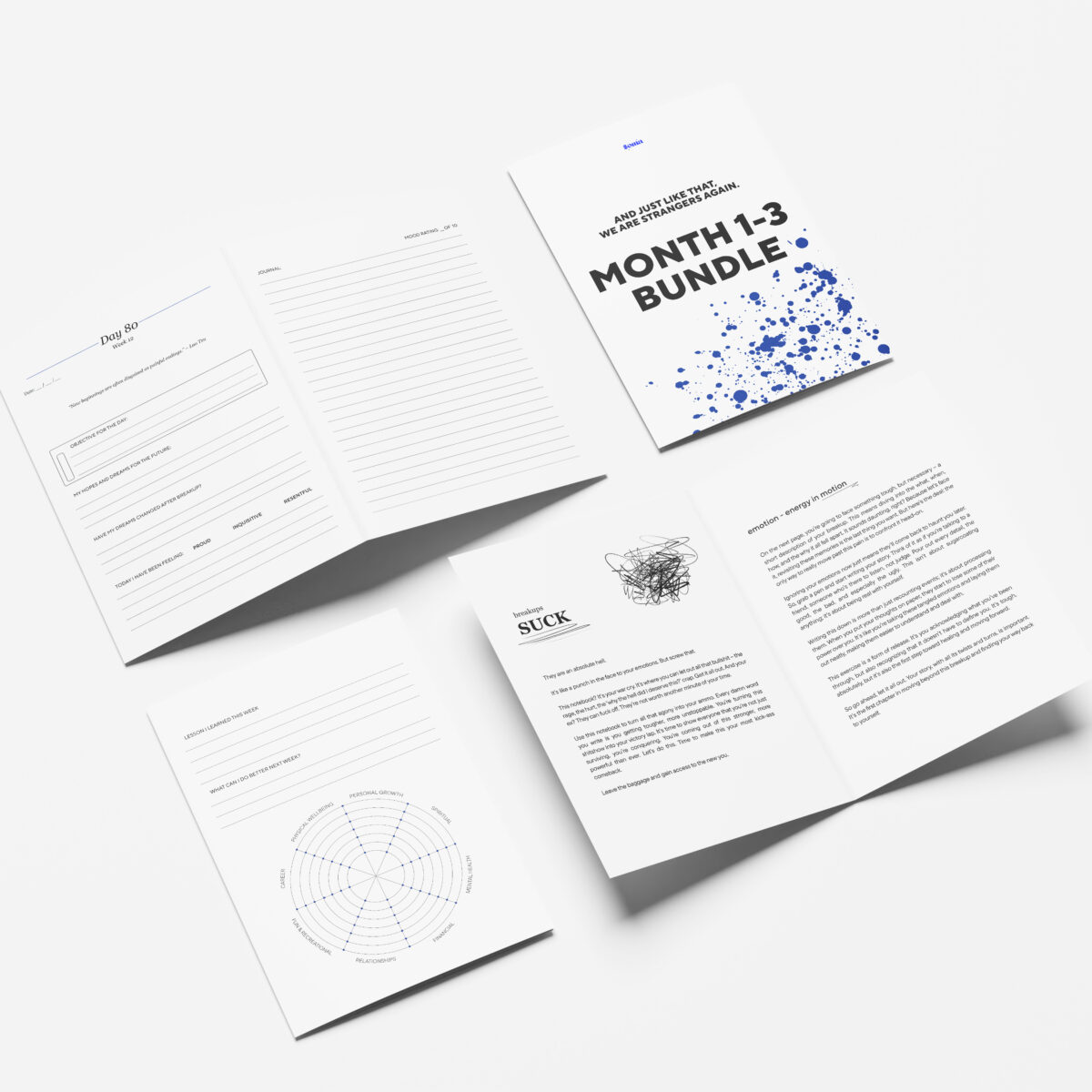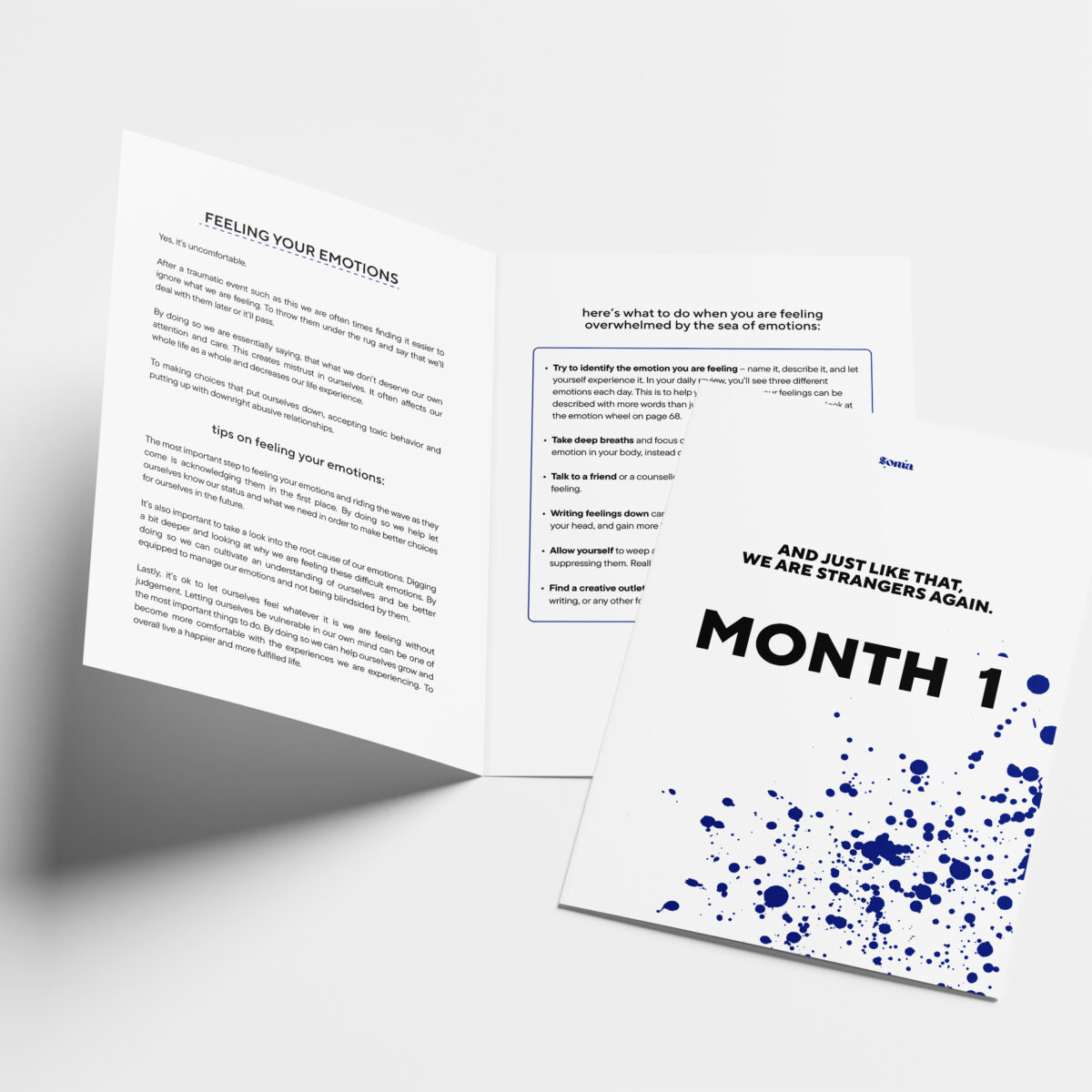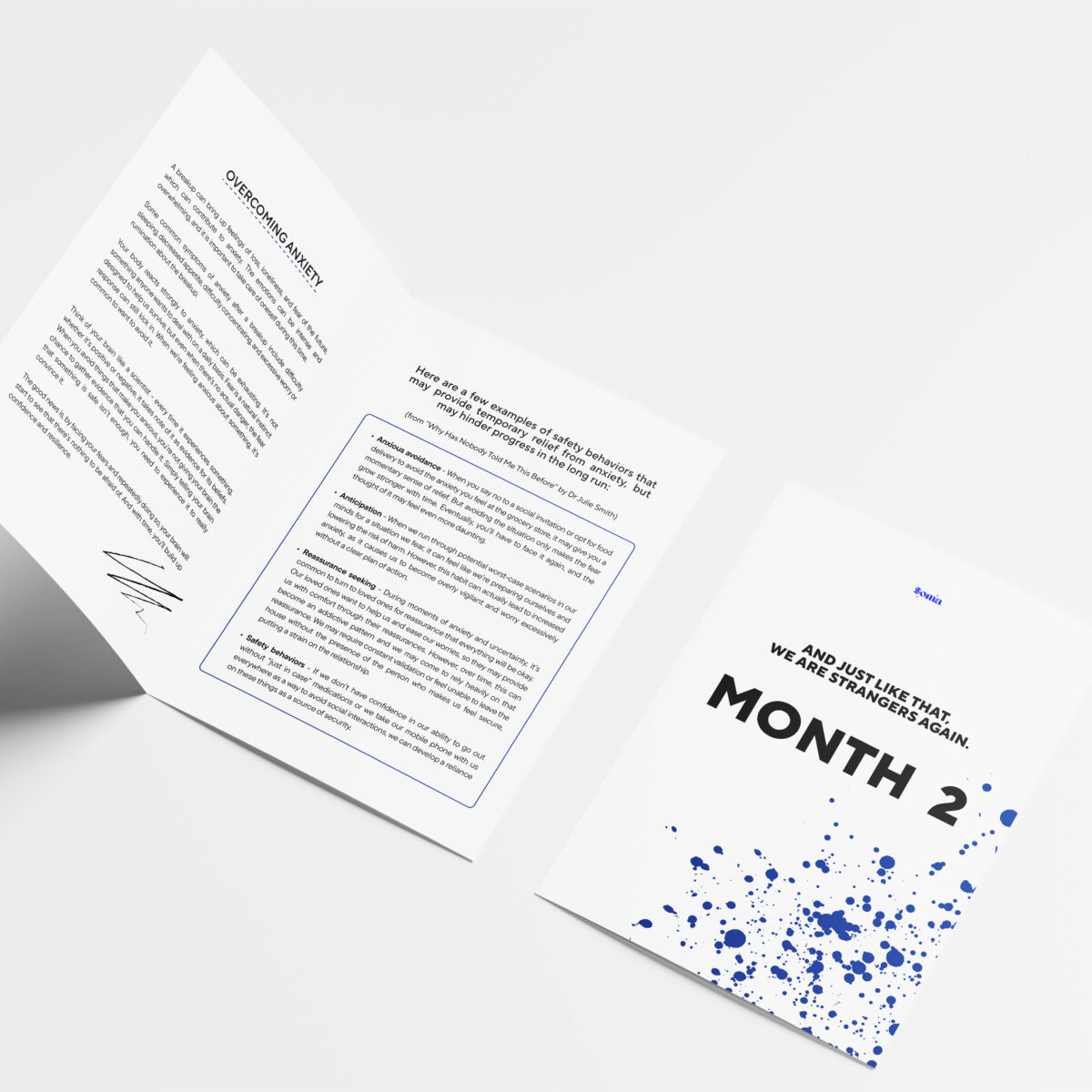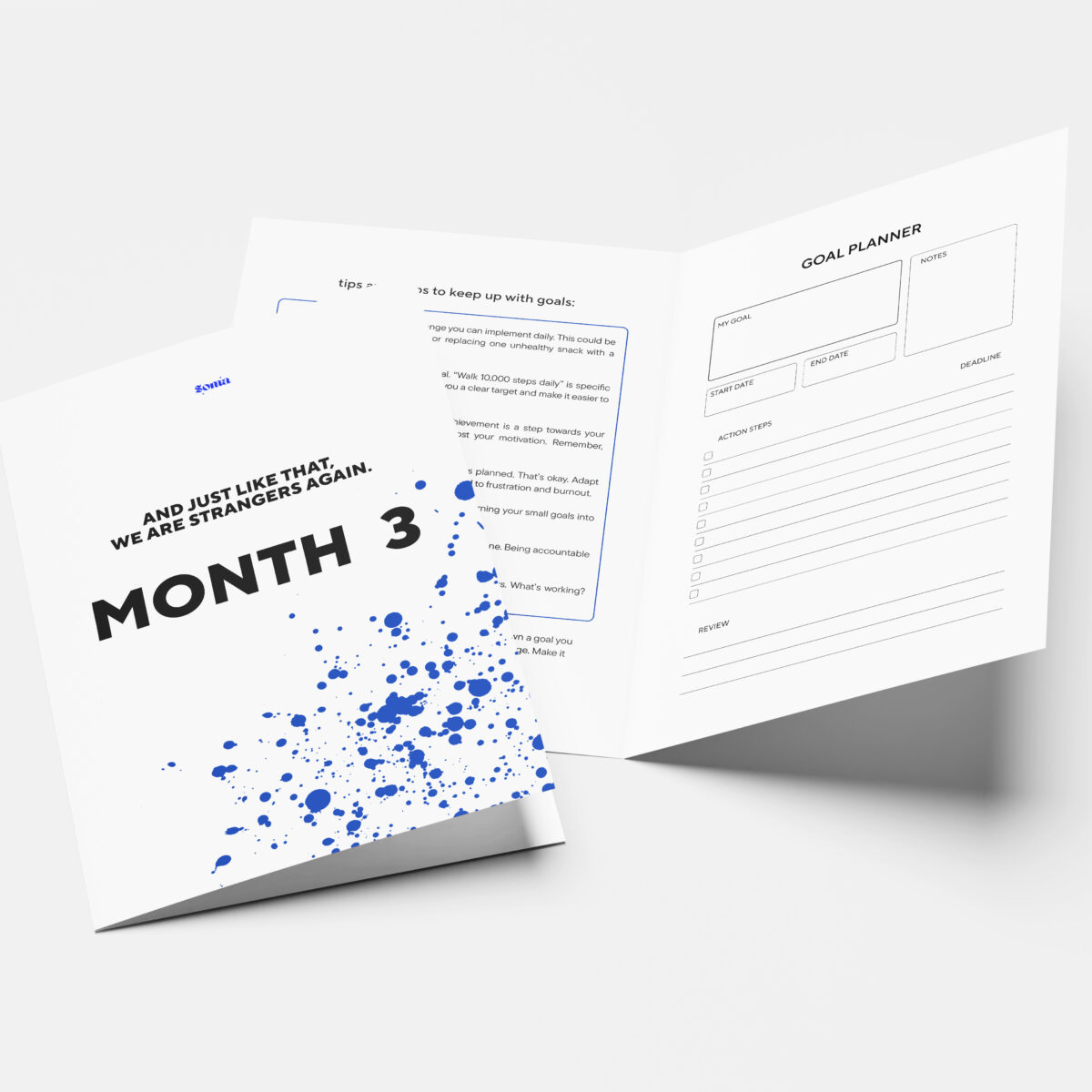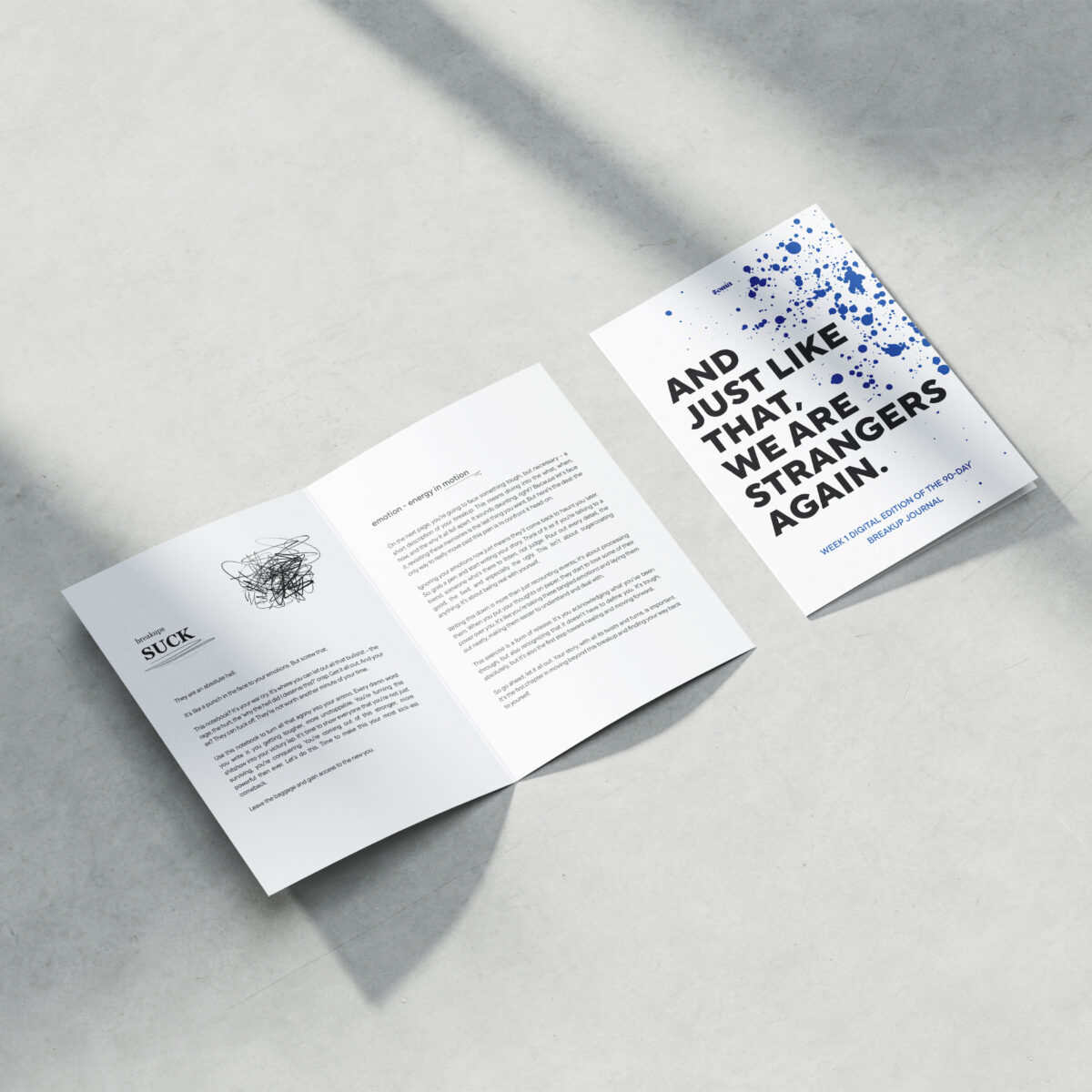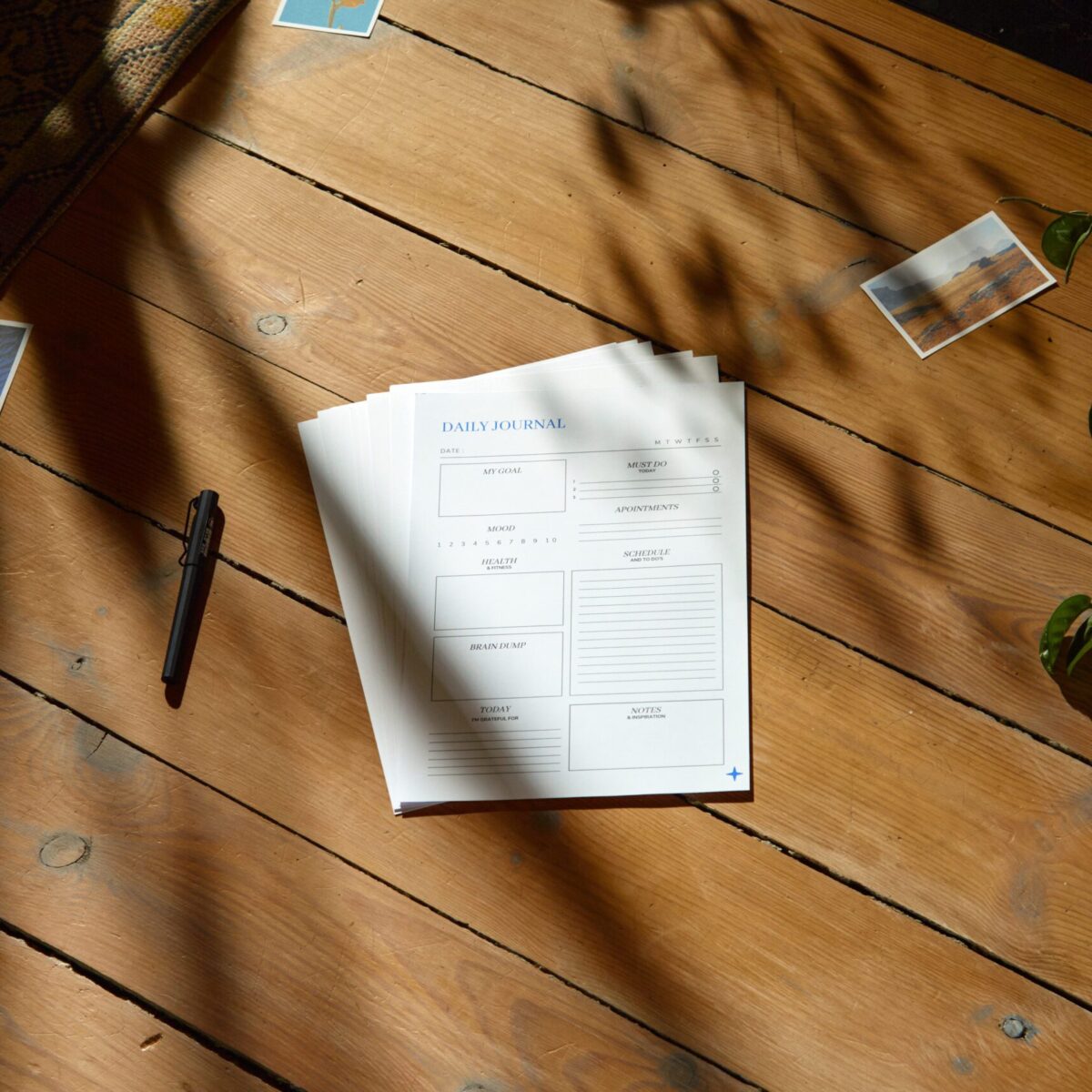
Relationships are supposed to bring joy, support, and connection to our lives. But sometimes, what starts as love can turn into something that drains us emotionally, mentally, and even physically. Spotting the signs of a toxic relationship isn’t always easy, especially when you’re in the thick of it.
Here, we’ll dive into the key signs that your relationship might be veering into unhealthy territory and explore what you can do about it.
Walking on Eggshells
Have you ever felt like you’re constantly treading lightly, afraid that one wrong word or action might spark an argument or upset your partner?
This feeling of walking on eggshells is one of the most common signs of a toxic relationship. In healthy partnerships, there’s space for open communication and honesty without fear of retaliation or judgment. However, in toxic dynamics, this sense of emotional safety is often missing.
Research published in Psychological Science highlights that feeling emotionally secure is critical for intimacy and trust. When you’re constantly on edge, it’s your body’s fight-or-flight response kicking in, keeping you in a state of heightened stress. Over time, this can lead to burnout, anxiety, and even physical health problems like headaches or digestive issues.
Ask yourself: “Am I able to express myself freely in this relationship, or am I always worried about their reaction?” If the answer leans toward the latter, it might be time to reevaluate.
Hurtful Words and Emotional Manipulation
Words have power. In a healthy relationship, they’re used to build each other up, offer support, and show affection. But in a toxic relationship, words can become weapons – sarcasm, insults, constant criticism, or even gaslighting.
Gaslighting is particularly damaging because it makes you question your reality. Your partner might dismiss your feelings or convince you that events didn’t happen the way you remember them. Over time, this erodes your self-trust and leaves you feeling confused and powerless.
According to the Journal of Family Psychology, verbal aggression can have lasting impacts on self-esteem and mental health. Even “joking” remarks that belittle or mock you can chip away at your confidence. If you often leave conversations feeling worse about yourself, it’s worth examining the dynamic more closely.
Remember, constructive criticism is different from outright cruelty. A good partner will address concerns respectfully without tearing you down.
One-Sided Dynamics
Healthy relationships thrive on balance. Both partners contribute equally, whether it’s through emotional support, shared responsibilities, or effort in maintaining the connection. But in a toxic relationship, one person often ends up doing all the heavy lifting while the other coasts along.
Does this sound familiar? You’re always the one initiating plans, solving problems, or offering emotional support, while your partner barely reciprocates. This kind of imbalance isn’t just frustrating; it’s exhausting. Studies show that one-sided relationships often lead to resentment, which can erode trust and affection over time.
A simple way to gauge this is to ask: “Do I feel supported and valued, or do I feel drained and unappreciated?” If the scales are perpetually tipped in their favor, it’s a sign something’s not right.
P.S! Find out the secret to deep connections here

Physical and Emotional Stress Responses
Your body often knows what your mind tries to ignore. Physical symptoms like a racing heart, tense shoulders, or stomach knots can all be signs of chronic stress caused by a toxic relationship. When you’re constantly in conflict or feeling unappreciated, your cortisol levels (the stress hormone) can spike, leading to a range of health issues.
Emotional stress is just as telling. If you feel drained, anxious, or overwhelmed more often than not, it’s a red flag. Relationships are supposed to add value to your life, not deplete you. Research from the American Psychological Association shows that long-term exposure to stress in toxic relationships can impact your sleep, immune system, and overall well-being.
Take a moment to check in with yourself: How do you feel physically and emotionally after spending time with your partner? If the answer is consistently negative, your relationship might be taking a bigger toll on you than you realize.
Why It’s Hard to Spot the Signs
Toxic relationships don’t usually start with blatant red flags. They often creep in slowly, with small behaviors that seem harmless at first but escalate over time. You might rationalize their actions, blame yourself, or hold onto the good moments as proof that things aren’t that bad.
Cultural and societal factors can also play a role. Movies, books, and even advice from well-meaning friends can romanticize behaviors like jealousy or controlling tendencies, making them seem like signs of love rather than warning signs.
Additionally, the emotional highs and lows of a toxic relationship can create a cycle of addiction. Psychologists refer to this as “love addiction,” where the moments of affection and connection keep you hooked, despite the underlying pain.
If you can walk away from a relationship that doesn’t serve you, you’re ready. If you’re terrified of being alone and will cling to anyone who shows you attention, you’re not. It’s that simple.
START YOUR JOURNEY FOR FREE
Start your journey now and end the heartache.
What to Do If You’re in a Toxic Relationship?
Recognizing the signs is the first step, but taking action can feel daunting. Here are some steps you can take:
- Consider Leaving: If the relationship consistently harms your mental and physical well-being, it might be time to walk away. Leaving a toxic relationship isn’t easy, but staying in one can have long-term consequences on your health and happiness.
- Set Boundaries: Clearly communicate what is and isn’t acceptable behavior. Toxic partners often push boundaries, so standing firm is crucial.
- Seek Support: Talk to trusted friends, family, or a therapist. Sometimes, an outside perspective can help you see the situation more clearly.
- Prioritize Self-Care: Focus on activities that bring you joy and help you reconnect with yourself. Journaling, exercising, or pursuing hobbies can remind you of your worth.
Final Thoughts
Love isn’t supposed to feel like survival mode. A healthy relationship lifts you up, makes you feel safe, and allows you to grow as an individual. If your relationship is filled with constant stress, fear, or pain, it’s worth stepping back and asking yourself: “Is this what I deserve?”
You deserve so much more..
If you need daily support to work though your relationship, check out our breakup journal!


